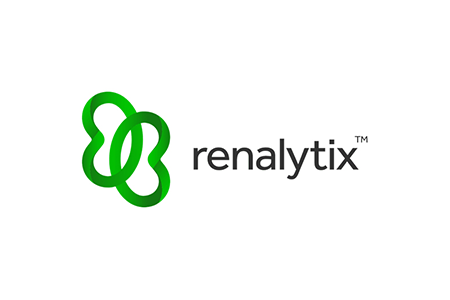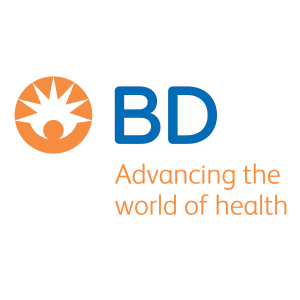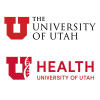
Payer Budget Impact Analysis Projects Significant Savings from KidneyIntelXTM Testing at Primary Care Level
August 26, 2021
Renalytix Plc announced the publication of results from an external chronic kidney disease budget impact analysis projecting 5-year savings of $1.1 billion dollars for a population of 100,000 patients with type 2 diabetes (T2DKD) and chronic kidney disease tested with the Renalytix KidneyIntelX™ testing solution. Savings were driven by more effective pharmacy management and appropriate specialist referral compared to current standard of care for patients at high risk for disease progression and kidney failure.
The detailed clinical and cost analysis concluded that health systems and insurance plans would realize these significant cost savings based on slowed disease progression (52% of savings), delayed, or prevented dialysis and transplants (32% of savings), and reduced dialysis crashes (11% of savings). Given the costs associated with current standard of care, the addition of an actionable bioprognosticTM approach to predict kidney function decline in T2DKD patients, stages 1-3b resulted in a projected 5-year savings of $1.1 billion associated with KidneyIntelX.
“These findings are significant and further demonstrate that predicting kidney disease risk at its earliest stages – when it matters most – is a major benefit to patients, providers and payers,” said CDPHP president and CEO, Dr. John D. Bennett.
Budget impact analysis (BIA) is a key element in securing payer coverage in the U.S. market. BIA is an economic assessment that estimates the financial consequences of adopting a new, high value intervention like KidneyIntelX. The analysis takes a payer’s perspective to evaluate whether a new intervention is affordable. It uses a short-term time horizon, up to 5 years. The model analyzes the direct costs of specific resources needed to implement KidneyIntelX informed care in the PCP office with savings associated with changes in care delivery. That result is multiplied by the number of people affected by the intervention. The results of the analysis provide an understanding of the total budget required to provide the intervention. The size of the population is explicitly considered for this analysis. The focus of a BIA is the direct costs of specific resources needed to put the intervention into effect, such as testing, pharmacy management, and specialist care. Consistent with best practices, sensitivity analyses were conducted to evaluate the impact of core assumptions related to physician compliance and disease progression.
Renalytix will further expand its health economic and utility evidence through separate cost-effectiveness analyses evaluating whether intervention with KidneyIntelX testing provides value, defined as cost relative to health outcome, relative to current standard of care. These analyses will be completed in conjunction with three large real-world evidence studies with Mount Sinai Health System, Wake Forest/Atrium Health and University of Utah Health.
The budget impact model was developed in collaboration with Boston Healthcare Associates (BHA), an external firm, in accordance with the International Society for Pharmacoeconomics and Outcomes Research (ISPOR) good practices. BHA researchers evaluated the budget impact of management using KidneyIntelX as compared with standard of care over a 5-year horizon in patients with diabetic kidney disease (DKD). Results are detailed in, “Payer Budget Impact of an Artificial Intelligence In Vitro Diagnostic to Modify Diabetic Kidney Disease Progression,” published in the Journal of Medical Economics.
For further information, please contact:
Renalytix plc www.renalytix.com
James McCullough, CEO Via Walbrook PR
Stifel (Nominated Adviser, Joint Broker) Tel: 020 7710 7600
Alex Price / Nicholas Moore
Investec Bank plc (Joint Broker) Tel: 020 7597 4000
Gary Clarence / Daniel Adams
Walbrook PR Limited Tel: 020 7933 8780 or renalytix@walbrookpr.com
Paul McManus / Lianne Cawthorne Mob: 07980 541 893 / 07584 391 303
Recent News
- Purgo Scientific Appoints Veteran MedTech Leader as Chief Executive Officer
- Quansys Biosciences Launches Q-View™ Imager Plus: Delivering Reproducible, high-impact ELISA Data with Ease
- Improving Women’s Health: MobileODT Joins Liger Medical
- Wasatch Health Announces Structured Capital Fund
- Seek Labs Announces Inclusion of Veterinary Diseases in Global Disease Atlas, Accelerating Development of Therapeutics to Bolster Global Protein Supply Chains
- Nestmedic Selects Curavit Clinical Research as U.S. CRO Partner for Pioneering Prenatal Monitoring Trial










